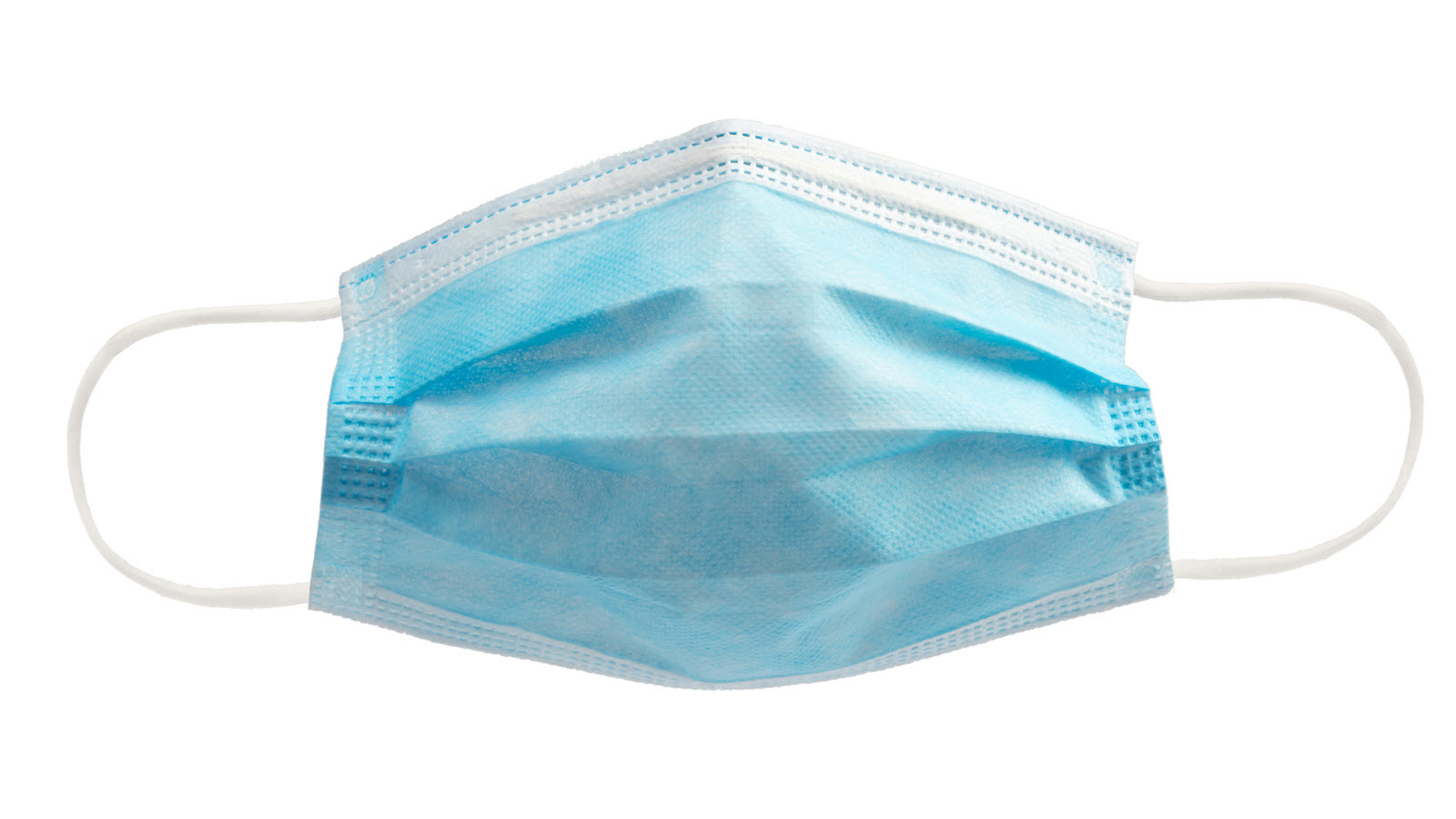Last month, I wrote a post about working on my book about medical history while the coronavirus pandemic swirls around us. It got so long I split into two posts, but the months this year have been very long, so I've added to it a bit by necessity.

- The American Association for the History of Medicine had its annual conference online last month, with a focus on the coronavirus pandemic. A lot of it was overwhelming, as people were quite rightly talking quite a bit about disparities. However, there were also some really good comments about people turning to history to try to get a sense that there's a narrative here, that even if we can't predict the outcomes, there will be a beginning, middle, and end to the story.
- Another thing that came up during the conference was the question of how we define a pandemic, and what makes it different from an epidemic. The technical definition looks at how widespread a disease is -- a pandemic is more global than an epidemic -- but many people think of it in terms of severity, with a pandemic being a particularly deadly epidemic. However, one of the speakers said that another distinction that's relevant today is that we use the word epidemic metaphorically, for problems other than infectious disease, like the opioid epidemic. "Pandemic" gets across the idea that it's not a metaphor, but a technical term. I think that was probably true a few months ago, but as this pandemic has worn on, "pandemic" has become such a household word that people do use it metaphorically. That's probably a good thing, because people need words to talk about the incredible magnitude of the problems of racism and police brutality, and I've been hearing people use the word pandemic as one of those words.

- Every time I look something up online that's even vaguely medical, the search engine, library catalog, etc. displays a banner about COVID-19 resources. I think this is a great way to reach people! It has also contributed to my feeling that I can't escape coronavirus stuff. I really was looking for late 19th-century herbalism for historical research, not because I think it will be an "immune booster."
- A friend in one of my writing groups recently joked that she thinks I do medical history so I can always have the most interesting to-do list in our group. My work looks especially strange and funny when I shorthand it for a to-do list: "draft corset, edit cocaine, research feeding tube." One of the thoughts I keep coming back to is that in addition to being truly terrible, the coronavirus pandemic feels absolutely surreal. I lent one of my best friends my sewing machine, and wiped it down with rubbing alcohol before doing so, just in case I was unknowingly a carrier of a deadly disease. That's not in my mental framework for what normal life looks like. I have to say, having these weird writing projects has been making my life just a little surreal in a good way, and in some ways, the absurd juxtapositions have helped me cope. Tonight I'm going to need to stop thinking about the world and read part of the 1964 Surgeon General's report on smoking. Normal Thursday night stuff, amirite? Sometimes the pandemic of police brutality feels surreal to me, too, but I know that for many of you, it's always been a part of your reality.
- So, how do I, as a white person, write medical history during one literal and one metaphorical pandemic? The pandemic of police killing Black people has been going on for years. For me, the writing part hasn't changed exactly, but I've been working to consciously renew my commitment to doing my job as a history writer well, which means telling the truth and looking critically at how and where I get the information I use. Pretty much everything in healthcare history is not just related to science, but related to systems of power or wealth. That's true in all history, but the more I research medical history, the more I see it, whether it's terrible and deliberate abuses of power or just who has the lab equipment to make an important discovery and what they do with that discovery. I hope that I can help more people understand how infectious disease is not "the great equalizer" but something with an impact that is shaped by how our society is already structured.
For reading that will help you understand the context of anti-Blackness in medicine particularly, I recommend Medical Apartheid by Harriet A. Washington and Killing the Black Body by Dorothy Roberts.
Comments
Post a Comment